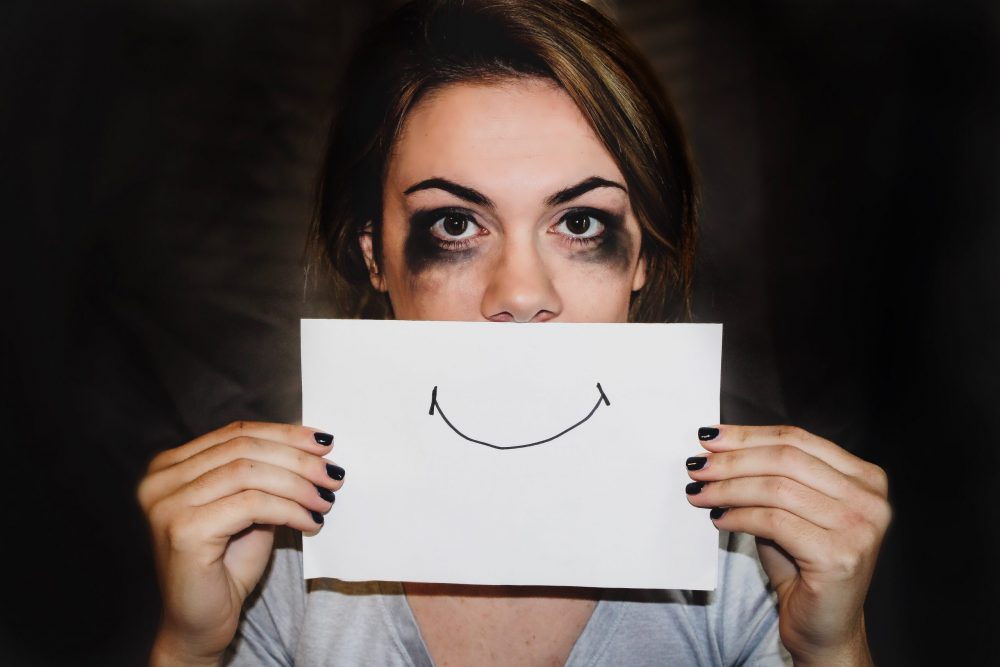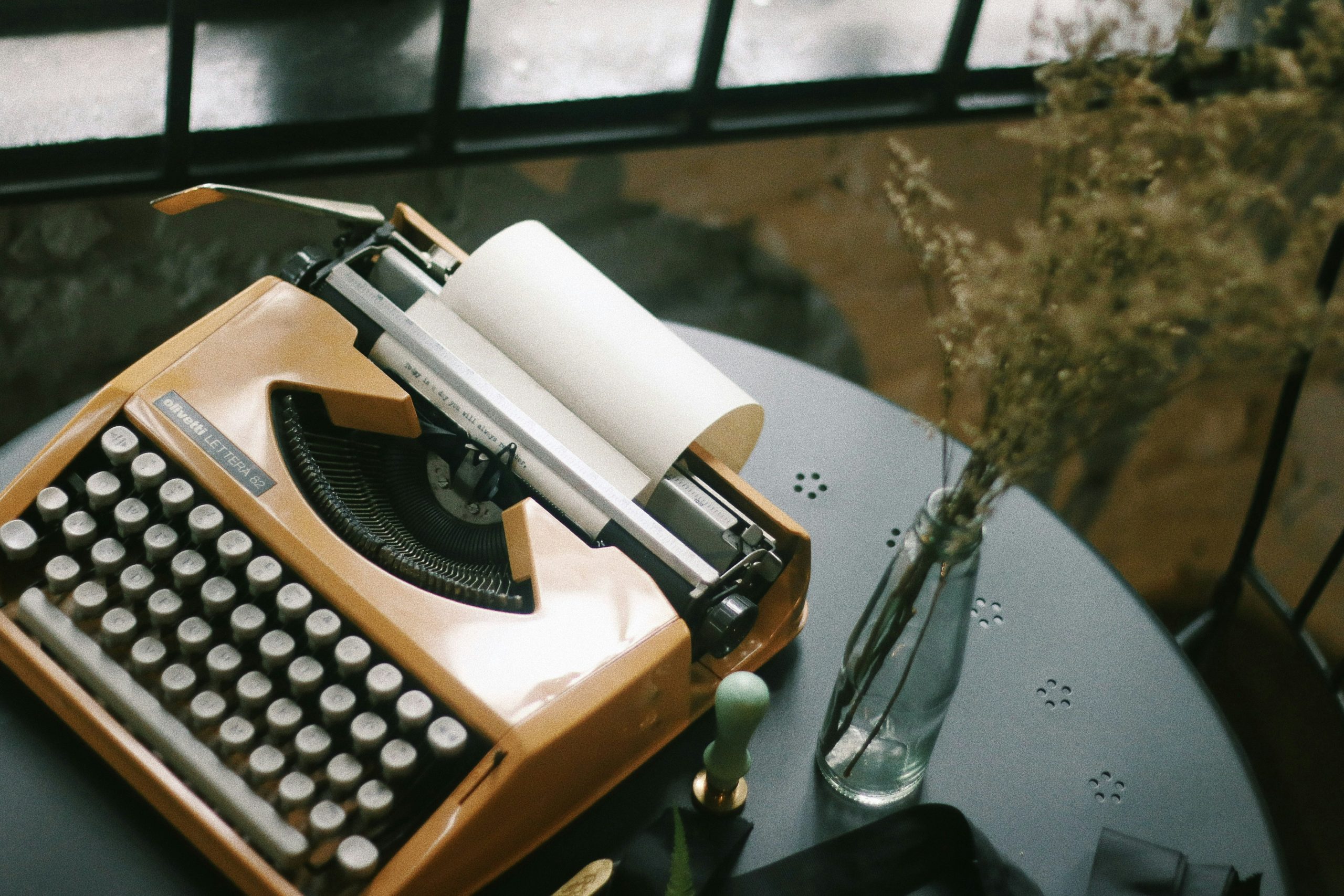Reading Lists
Our Favorite Essays and Stories About Comforting Things
Celebrating the minor indulgences and self-soothing mechanisms that make the world seem... less worse

There are some days when nothing’s really going to fix your anxiety. Still, minor indulgences and self-soothing mechanisms can at least help. Here are some of our favorite Electric Literature pieces celebrating the ways we make ourselves feel better—or at least less worse—for a little while.
Cooking and eating
“Learning to Cook for One” by Gina Mei
It’s hard to cook for yourself. It’s probably never been harder—unless you’ve gone through a period of intense personal grief, as Gina Mei did. Here, she writes about the book that taught her to feed herself again—but if you need to just shove bread in your mouth over the sink, we won’t judge.
We rarely discuss the less sexy side of self-care: cleaning your apartment, drinking enough water, remembering to shower. At a time when self-care has been marketed as a luxury and a commodity, the act of feeding yourself is, comparatively, less exciting. But it doesn’t have to be — and as far as self-care goes, cooking for one just might be the most accessible starting point.

“This Cookbook from 1942 Is a Textbook for Making a Better World” by Abby Walthausen
M.F.K. Fisher’s How to Cook a Wolf is more than a cooking manual, says Abby Walthausen. It’s a crash course in conservation, a handbook for how to survive and even thrive under conditions of scarcity and crisis. That’s something we may need sooner rather than later.
Though the book takes its title from the idea of fending off hunger or “the wolf at the door,” the wolf is whimsical and comic enough that we know it to be written by someone privileged enough to have avoided true hunger. But it serves a purpose here, a nemesis keeping the writer (and the chef) on her toes. It is just as much about the threat of scarcity as it is about the internal drive of appetite.
Weed

“Pineapple Crush” by Etgar Keret
Etgar Keret’s short stories are always a little trippy, and this one centers on the pleasures of getting high. “His voice is infused with dark humor, and his wry observations charmed me even as I despaired at his actions,” writes Helen Phillips, recommending the story for Recommended Reading.
The first hit of the day is like a childhood friend, a first love, a commercial for life. But it’s different from life itself, which is something that, if I could have, I would have returned to the store ages ago. In the commercial it’s made-to-order, all inclusive, finger-licking, carefree living. After that first one, more hits will come along to help you soften reality and make the day tolerable, but they won’t feel the same.
Revisiting YA fantasy novels

“There Has Never Been a Better Time to Read Ursula Le Guin’s ‘Earthsea’ Books” by Juan Michael Porter II
Ursula K. Le Guin has always been pretty prescient, and Juan Michael Porter II argues that this summer’s social justice uprisings make the perfect backdrop for her Earthsea series.
To white protestors and accomplices, who say that they want to listen but are fearful of giving up some power so that we can all heal, I suggest you read the Earthsea cycle. You will need to learn to step away from the center to build a new world, and the Black majority in this fantasy series offers a better model than any white history. I encourage Black people to read Earthsea too, if only to remind yourselves that once upon a time a white woman in Portland saw us, recognized us as beautiful, and built an entire world where we had the privilege to decide that we could share our power.

“How a Book Trilogy About Killing God Helped Restore My Faith” by Isabel Cole
Philip Pullman’s His Dark Materials trilogy highlights the dangers of dogmatic, cultish thinking, and encourages attacking and dethroning god. Isabel Cole talks about what that meant to her as a teen who had lost her faith.
Lyra complements her talents by using a golden disc named the alethiometer, from a Greek word sometimes translated as “truth,” which answers honestly any question posed by one who can read its complex symbolic system. Will bears a knife which can cut not only any physical substance but the space between atoms that opens a door between dimensions. Taken as a pair, these fantastical items offer exactly what I was craving so desperately when I found them: a path to a deeper truth, and the sharpness it takes to undo your reality and leave the world you know behind.
Video games

“How Playing ‘Myst’ Taught Me to Write Fiction” by Blair Hurley
There’s little more soothing than fully immersing yourself in the world of a video game—even if that world is a little spooky. Blair Hurley writes about what she learned from the dreamlike puzzle games Myst and Riven and their descendants.
I felt myself entering a trance of discovery. Surely there were more secrets—locked rooms and hidden basement stairs, pathways through the cricket-keening forest, other houses that would open to my knock. I spent so many hours of my childhood in this quiet, thrilling discovery mode. The games were not at all the flashing lights and shoot-em-ups that non-gamers sometimes imagine. They were an escape, a place to explore the boundaries of a fictional world, a daydream.
Baking shows

“Baking Shows Are Secretly Reality TV for Frustrated Writers” by Manuel Betancourt
What can Gourmet Makes teach us about the creative process? For Betancourt, it’s a lesson in loving the journey. For you, perhaps it’s just something to stare at glassy-eyed and not have to think about the future.
It’s a show that asks us to relish the process more than the final result. Even with all the roadblocks that the show depicts, its playful core offers a crucial reminder: no matter the anxieties that baking—or writing—may elicit, there’s value in the act of creation, no matter how improbable or impractical it may seem.

“Everything I Know About Writing a Novel I Learned from Watching British People Bake” by Becky Mandelbaum
Yes, I know: people aren’t as into The Great British Baking Show this year. I agree but I don’t want to hear about it because with all its flaws this show is still the most soothing thing going. Watch old seasons if you have to. You might even learn something about writing, says Mandelbaum:
At the end of each challenge, they’re covered in flour and chocolate, their cooking areas a mess of dirtied spoons and orange peels. Then, one by one, they are forced to approach the judges bearing the fruits of their labors, vulnerable to ridicule and eager for praise. They then wait patiently as their superiors literally tear their creation into pieces before determining their worth as an artist. Whatever the contestants have baked, it’s the best they can do, and yet they understand that sometimes the best is still not enough.
Funny TV

“Why the ‘Good Place’ Personality Test Is Better than the Myers-Briggs” by Sulagna Misra
Remember when everyone was trying to figure out which two characters from The Good Place they were? Let’s go back to that usage of social media, man. Sulagna Misra breaks it down for you—and shows why this semi-joking personality test is actually better than some “real” evaluations.
Because The Good Place is a show about bad people getting better, relating to a character means not only relating to her flaws but relating to her struggle. That’s not something that’s usually reflected in personality tests, which purport to tell you who you are, not who you’re trying to be. But lots of people struggle to be good, and it’s the struggle that defines them. They don’t necessarily identify with good or evil, but with trying and failing. They understand morality is important, but to actually aim to be moral all the time is daunting at best, paralyzing at worst.
Soothing podcasts

“Could a Daily Poetry Podcast Save Your Mental Health?” by Eric Silver
Poet laureate Tracy K. Smith’s podcast The Slowdown aims for exactly that: a moment of slowdown, in the form of a poem. And it might be the best thing you can do for your brain.
By taking time to do one thing for five minutes, we can reorient our brains to focus on one thing for a little while. There is mounting evidence that mindfulness and meditative thinking — let’s say, about one topic or feeling, like in a short poem — can contribute to future health and mental state. And a few minutes is all you need.
Pizza

An excerpt from Pizza Girl by Jean Kyoung Frazier
Sometimes only the exact junk food you want will make you happy. Sometimes that’s pickle and pepperoni pizza. “Frazier’s prose is full of gleeful dark humor and wry observations, and this novel is like the moody rollercoaster of adolescence itself,” writes Kimberly King Parsons in her recommendation.
They looked at each other, shrugged, and started pulling the dough. I chopped a couple pickles into uneven slices and wedged myself between the cooks, sprinkled the pickles over the sauce, cheese, and meat. I told myself that it only looked off because it was raw, but the cooks didn’t seem to know what to make of it either.
Dogs being fine

“Books Where the Dog Dies, Rewritten So the Dog Doesn’t Die” by Riane Konc
Riane Konc has finally made it safe to read Old Yeller and Where the Red Fern Grows. This may still make you cry, but with relief. At least something can be fixed!
The big cat hissed, and my dogs howled. I strained my eyes to see higher in the tree, gauging our danger. The mountain lion and I locked eyes. She kept her eyes locked on mine while she slowly reached her paw across the branch, farther than I would have thought she could have reached, and while still staring directly at me, batted a full glass of water off the branch of the tree. It crashed to the ground next to me, right where a red fern was growing.
Hiding in the bathroom

“We’re All Living in the Bathroom Now” by Annabel Paulsen
The early days of lockdown reminded Paulsen of Jean-Philippe Toussaint’s first novel The Bathroom, in which the narrator moves permanently into the smallest room in his house. The novel helped her make sense of the feeling of stasis—and now, moving into the bathroom honestly sounds pretty good.
The novel presses on the illusion that life gets you somewhere—and behind it we find the reality that life leads only to death, that existence eventually hits up against its opposite. We move like raindrops, hurtling toward the ground, and end in immobility. Whatever meaning exists is our own creation, and we can choose whether or not to worship it.









